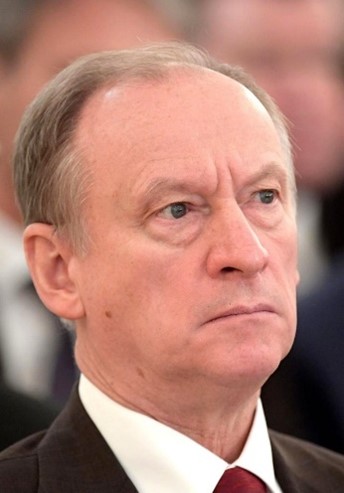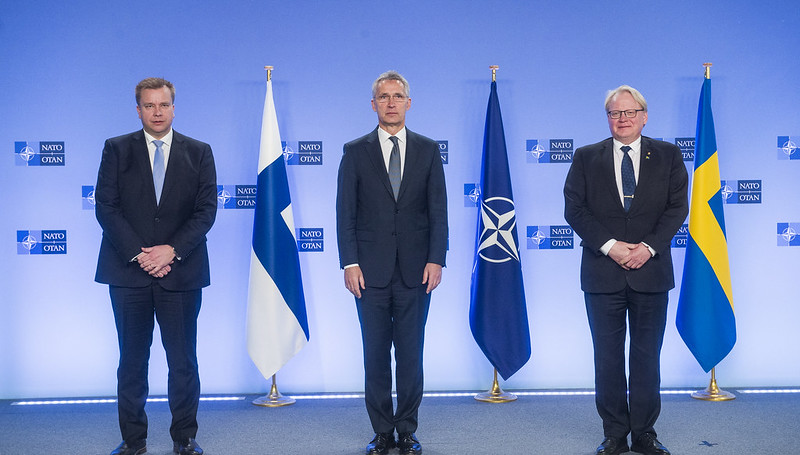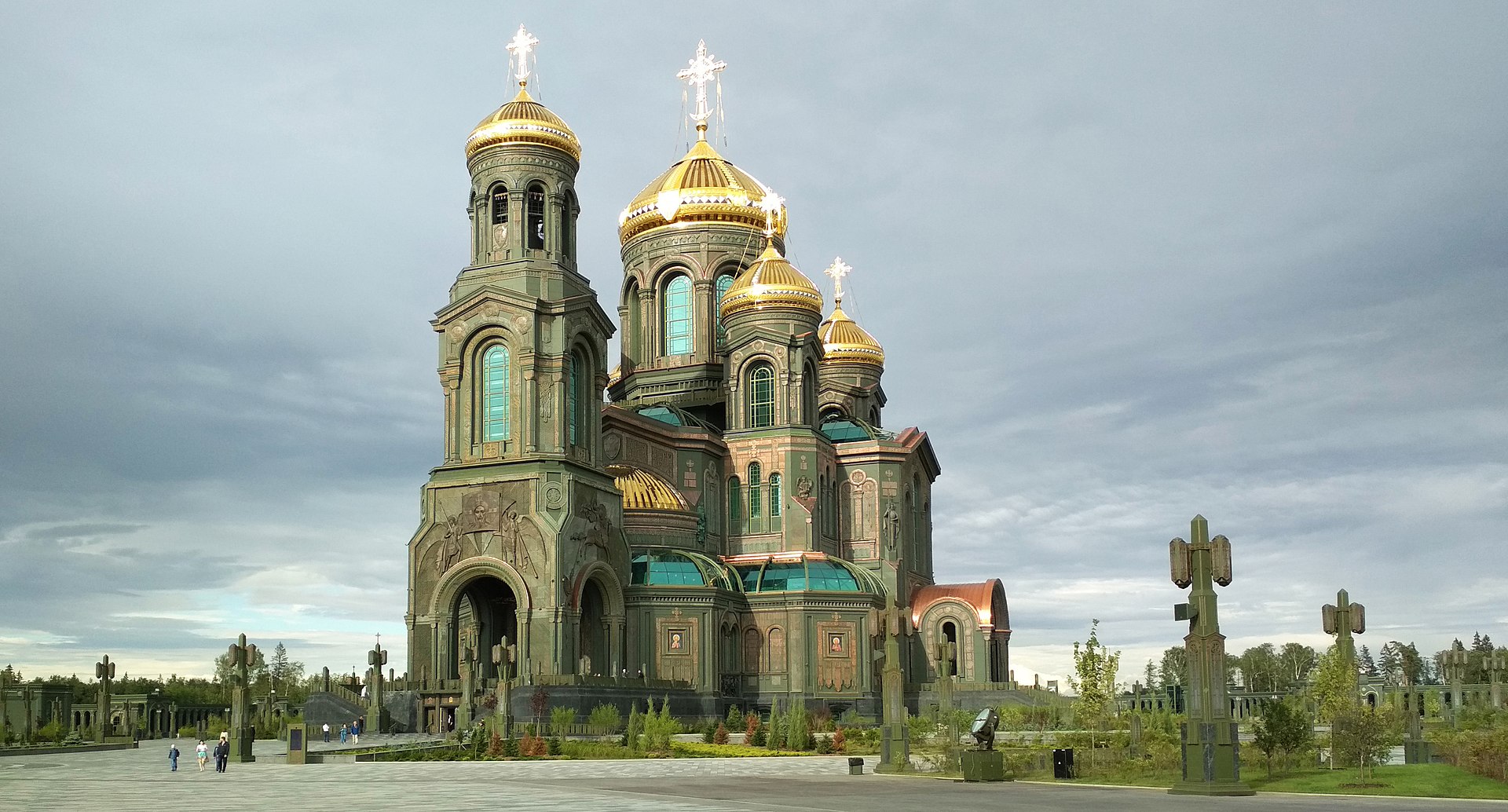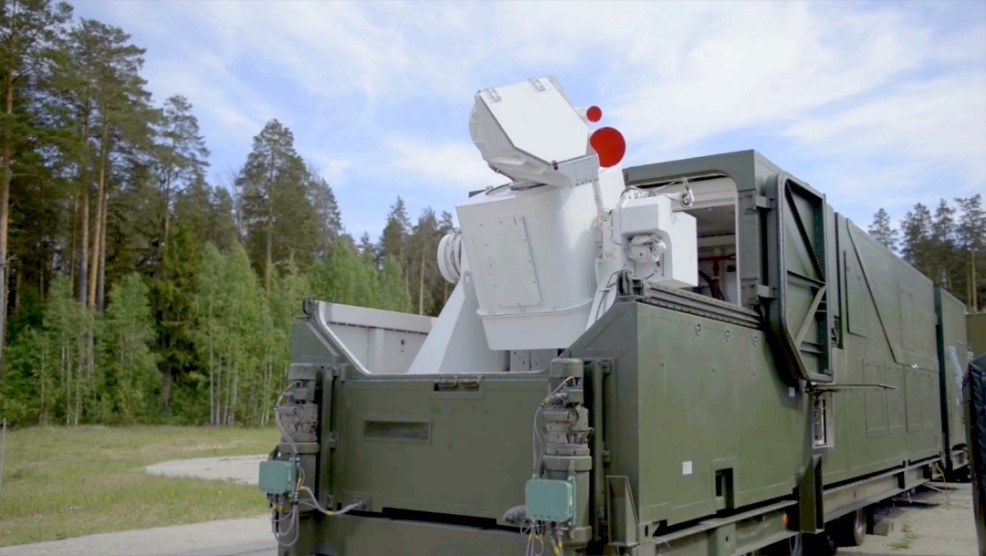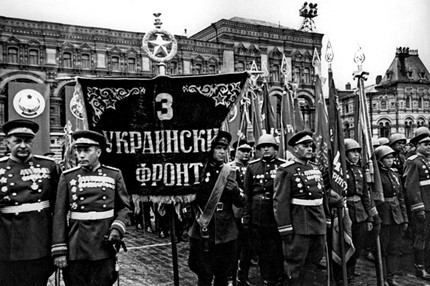
Soviet Victory Parade, Red Square, Moscow, June 1945.
“Comparing the special operation in Ukraine with the Great Patriotic War is unreasonable.”
The Soviet victory in World War II (WWII), which it calls “The Great Patriotic War,” is the central to the Kremlin’s current ideology, which recasts it to justify the so-called special military operation (SMO) in Ukraine.[i] According to Kremlin propaganda, just as the USSR fought against the evils of Nazi Germany, so too today, Russian soldiers are defending their country from a Ukrainian “Nazi” threat. By framing this conflict as a fight against Nazism, the Kremlin has been able to tap into narratives of pain, fear, and sacrifice experienced by the Russian people during WWII. However, the accompanying excerpt from the semi-independent Russian news source Nezavisimoye Voennoye Obezreniye argues that viewing the SMO in Ukraine through a WWII lens presents its own set of challenges.
The author asserts that “comparing the special operation in Ukraine with the Great Patriotic War is unreasonable,” proceeding then to remind readers of basic facts surrounding WWII and how they differ from those surrounding the SMO in Ukraine. For instance, in June 1941 “the Red Army had a very significant (several times) quantitative superiority in military equipment over the Wehrmacht.” This was not the case in February 2022, when the Russian military “did not have any quantitative superiority over the Armed Forces and other military formations of Ukraine.” Comparing casualties during the two conflicts, the author points out that so far, Russian total losses in Ukraine are small, noting that “during the Great Patriotic War, the Red Army lost the same number of servicemen on average in one day!”
Responding to those who assert that there can be no negotiations with the current Ukrainian leadership, the author reminds readers that in the summer and autumn of 1941, the USSR tried to reach a negotiated settlement with Nazi Germany. To those who claim that the USSR was the sole victor in WWII, the author reviews the critical role which the Western lend-lease program played in the Allied victory. The author makes other cogent comparisons, suggesting that to measure progress in the SMO thought a warped WWII lens will only “multiply losses and delay victory.”[ii] It is noteworthy that this sober assessment of the SMO was published given Russian press restrictions and the pervasiveness of pro-Kremlin propaganda.
Source:
Alexander Khramchikhin, “Уязвленный патриотизм порождает истерику (Wounded patriotism breeds hysteria),” Nezavisimoye Voennoye Obezreniye (semi-independent Russian news source), 1 December 2022. https://nvo.ng.ru/concepts/2022-12-01/4_1216_patriotism.html
Comparing the special operation in Ukraine with the Great Patriotic War is unreasonable. A large part of Russian society is experiencing difficult feelings about the course of the military campaign in Ukraine. Many do not understand why we have not yet won,and sometimes retreating – moreover, from the territories included in the Russian Federation.
Such a reaction to the Ukrainian events is quite understandable in itself, but not should not incite hysteria. Expressing dissatisfaction with what is happening, outside observers cite the Soviet Union during the Great Patriotic War as a positive example for today’s Russia….
As of June 22, 1941, on the Soviet-German border, the Red Army had a very significant (several times) quantitative superiority in military equipment over the Wehrmacht…. As of February 24, 2022, the Armed Forces of the Russian Federation on the Russian-Ukrainian border did not have any quantitative superiority over the Armed Forces and other military formations of Ukraine. And the qualitative superiority of the Russian side was and remains not so fundamental as to compensate for the quantitative superiority of the enemy.
At the same time, however, hostilities are taking place exclusively on the territory of Ukraine (meaning the territory at the beginning of the current campaign). Ukrainian strikes on the territory of the Russian Federation (taken at the same time) are of microscopic proportions. Irretrievable losses of the RF Armed Forces over the entire period of hostilities are small. During the Great Patriotic War, the Red Army lost the same number of servicemen on average in one day!
Regular statements by some Russian officials about “creating a favorable background” for negotiations with “respected Western partners” produce a painful impression on the Russian population, to put it mildly.… But in the summer and autumn of 1941, at the direction of Stalin and Beria, Soviet representatives… tried to transfer to Berlin proposals for a virtually complete repetition of the Brest Peace. That is, about the surrender to the Germans of the Baltic states, Belarus, Ukraine, Moldova, and maybe also Karelia. …If the Anglo-Saxons had not fought against Hitler (for whom almost all of continental Europe worked), and if Lend-Lease had been supplied not to the Soviet Union, but to Germany, we would have had a very bad time.
…But criticism is different. It is absolutely unacceptable to question the legitimacy of the actions of the army, to talk about its non-existent losses and, moreover, about non-existent crimes. But to ignore failures in various types of support and obvious mistakes in the preparation of the campaign as a whole means to multiply losses and delay victory.
Notes:
[i] For additional background on the Kremlin’s attempt to create a new state ideology, see: Ray Finch, “Russian Culture Ministry Proposes Possible Framework for New State Ideology,” OE Watch, Issue #5 2022. https://community.apan.org/wg/tradoc-g2/fmso/m/oe-watch-articles-2-singular-format/417836
[ii] The author, Alexander Khramchikhin, was one of the few Russian military analysts who warned against an invasion of Ukraine, arguing that such an attack could have catastrophic consequences for Russia. See: Alexander Khramchikhin, “Полураспад Украины (Half-life of Ukraine),” Nezavisimoye Voennoye Obezreniye, 11 March 2021. https://nvo.ng.ru/gpolit/2021-03-11/8_1132_ukraine.html
Image Information:
Image: Soviet Victory Parade, Red Square, Moscow, June 1945|
Source: https://tinyurl.com/bdnrfsex
Attribution: Russian Ministry of Defense (Mil.ru) CCA 4.0 Intl

